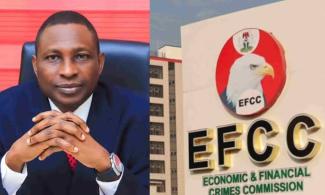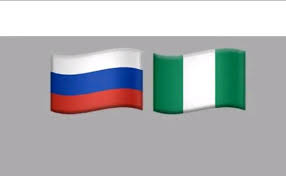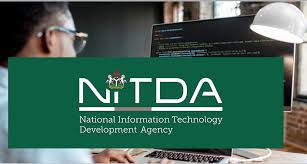
The Chairman of the Economic and Financial Crimes Commission (EFCC), Ola Olukoyede, has revealed that the anti-graft agency recovered over ₦566 billion and seized more than 1,500 assets in the last two years, describing the feat as one of the most successful periods in the Commission’s history.
Speaking during a media briefing in Abuja on Thursday to mark his second anniversary in office, Olukoyede said the recoveries reflected the EFCC’s renewed vigor in tackling corruption, money laundering, and cybercrime across the country.
Represented by the Commission’s Director of Public Affairs, Commander CE Wilson Uwujaren, the EFCC boss disclosed that between October 2023 and September 2025, the agency recovered:
₦566,319,820,343.40,
$411,566,192.32,
£71,306.25, and
€182,877.10.
He added that within the same period, the EFCC recorded 7,503 convictions, filed 10,525 cases, processed over 19,000 petitions, and conducted 29,240 investigations.
“These figures are a tangible demonstration of our commitment to fighting economic and financial crimes in Nigeria,” Olukoyede said.
The Chairman revealed that the Commission also recovered 1,502 non-monetary assets, including 402 properties in 2023, 975 in 2024, and 125 so far in 2025.
Among the recovered assets, he listed two landmark forfeitures — the 753 duplexes in Lokogoma, Abuja, and Nok University in Kachia, Kaduna State, which has since been converted into the Federal University of Applied Sciences.
Olukoyede explained that several confiscated properties had been allocated to government agencies for official use, in line with the EFCC’s asset management policy.
He also disclosed that ₦100 billion from recovered funds had been channelled into key national programs such as the Students Loan Scheme and the Consumer Credit Scheme, in alignment with the Federal Government’s citizen empowerment agenda.
High-Profile Prosecutions and Key Operations
Olukoyede highlighted a string of high-profile prosecutions involving prominent political figures, including former governors Willie Obiano, Abdulfatah Ahmed, Darius Ishaku, Theodore Orji, and Yahaya Bello, as well as ex-ministers Olu Agunloye, Mamman Saleh, Hadi Sirika, Charles Ugwu, and former CBN governor Godwin Emefiele.
He further revealed that 792 suspects connected to investment and cryptocurrency fraud had been arrested in Lagos, among them 192 foreign nationals who were later prosecuted and deported.
“This sends a clear message that Nigeria will not serve as a safe haven for cybercriminals,” he emphasized.
The EFCC chairman added that the Commission had revived several longstanding corruption cases, including those involving Fred Ajudua, former PDP chairman Haliru Bello Mohammed, ex-NSA Sambo Dasuki, and former NSITF boss Ngozi Olojeme.
Olukoyede also announced the establishment of a Task Force on Naira Abuse and Dollarisation of the Economy, which, he said, had achieved notable results in sanitising currency operations nationwide.
“Our recoveries are not just about figures,” he noted. “They translate into real social and economic benefits for Nigerians through improved accountability, transparency, and better use of public resources.”
He concluded by reaffirming the EFCC’s determination to strengthen public trust, stressing that agencies such as the NDDC, AMCON, FIRS, and NHIA had already benefited from the Commission’s recoveries.



